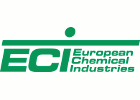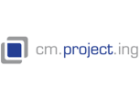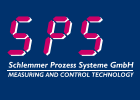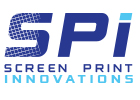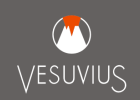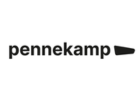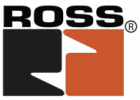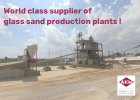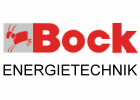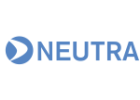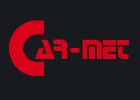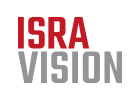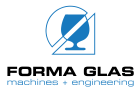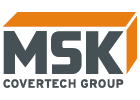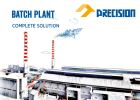INFO
This is the basic company information. The company provides additional detailed information, such as website, fax and telephone numbers, contact persons, history and company data.
To get access to this information or for printout of the company profile, you need to have a valid "Profile Access" to glassglobal.com. Information for booking are available at Price Info .
Contact Info
| Address | Martin-Luther-Universität Halle-Wittenberg, Institut for Physics Inorganic-Nonmetallic Materials Von-Danckelmann-Platz 3 06120 Halle (Saale) |
| Country | Germany |
| Get in contact with Martin-Luther-Universität Halle-Wittenberg, |
Products or Machinery
The Institute of Physics currently houses 12 research groups conducting fundamental and applied research in the area of condensed-matter physics, with the following key subjects:
- Interfaces and nanostructured materials
- Soft matter/biophysics
- Photovoltaics
Strong third-part funding, in particular by the DFG, comprises a number of coordinated research projects such as the local cluster of excellence on Nanostructured Materials, the collaborative research center SFB 417 (since 2008), the CRC/TRR 102 (since 2011), and the DFG research unit FOR 1145 (since 2009) in the area of materials science, as well as the SFB 610 and the research training group GRK 1026 in the area of bioscience. On the applications-oriented side, the Institute of Physics has initiated the BMBF-funded centers for innovation competence ZIK SiLi-nano and HALOmem, focussing on silicon photovoltaics and interactions of membrane proteins with membranes, respectively.
There are various cooperations and collaborations with local external research institutions such as the Max-Planck-Institute of Microstructure Physics, the Fraunhofer-Institute of Materials Mechanics including the Reserach Center for Silicon Photovoltaics, as well as local companies such as DOW Olefinverbund and Styron in Schkopau, and Q-Cells in Thalheim.
